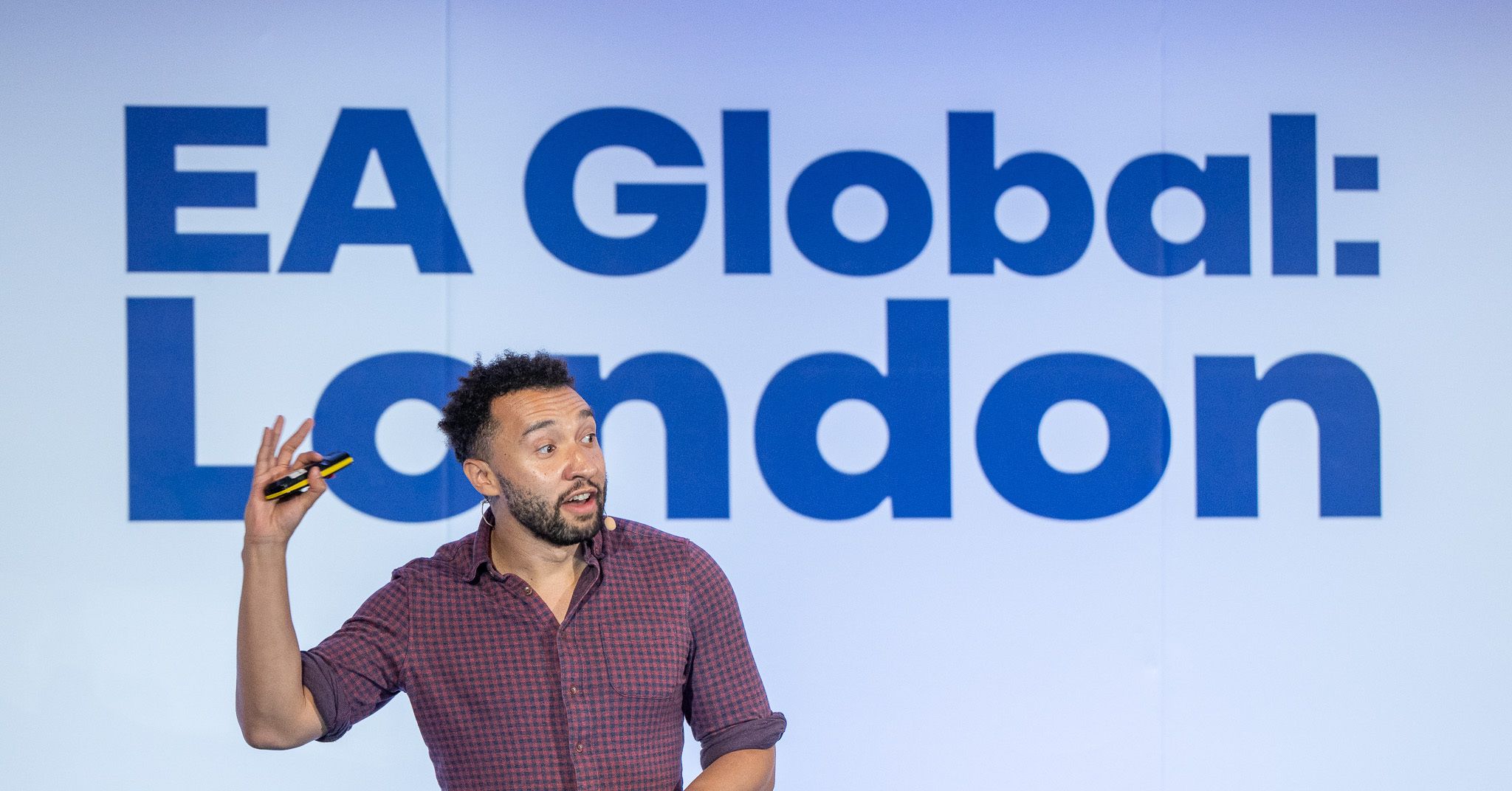The Effective Altruism website defines EA as: "We use evidence and careful analysis to find the very best causes to work on." The Introduction to Effective Altruism post in our forum also says: "It is a research field which uses high-quality evidence and careful reasoning to work out how to help others as much as possible."
So I guess this is more or less considered the definition of EA. But as I read more about EA, I am beginning to feel like this definition may be insufficient. It looks like the EA focus splits across two schools of thought - Evidence-based giving and hits-based giving. But this definition seems like it is all about Evidence-based giving. It feels like the 'GiveWell-ness' of it all is represented but what about the 'OpenPhil-ness'?
This exclusion of hits-based giving from the definition seems problematic since 80000hours.org (one of the top 5 ways through which people actually find EA) considers Expected Value thinking (the foundation of Hits Based giving if I understand it correctly) as one of the key ideas of EA. But then you see the definition and it is not really there. In addition, the incompleteness of the definition could also make it difficult for someone to see why EA does GCR work, in my opinion. Please correct me if I am wrong but it feels like GCRs doesn't necessarily have high-quality evidence for why we should work on it but Expected Value thinking is what really makes it worth it.
UPDATE:
I had only mentioned two sources of definitions above. But there could be more that I may have missed. If you know of more please mention them in the comments/answers and I will add them to this list:
- Defining Effective Altruism by William_MacAskill. Thanks to Davidmanheim for bringing this up in the answer here. The definition given in Will's post is:
Effective altruism is: (i) the use of evidence and careful reasoning to work out how to maximize the good with a given unit of resources, tentatively understanding ‘the good’ in impartial welfarist terms, and (ii) the use of the findings from (i) to try to improve the world.



First, I don't think that's the best "current" definition. More recently (2 years ago,) Will proposed the following:
But Will said he's "making CEA’s definition a little more rigorous," rather than replacing it. I think the key reason to allow hits-based giving in both cases is the word "and" in the phrase "...evidence and careful reasoning." (Note that Will omits "high quality" from evidence, I'd suspect for the reason you suggested. I would argue that for a Bayesian, high-quality evidence doesn't require an RCT, but that's not the colloquial usage, so I agree Will's phrasing is less likely to mislead.)
And to be fair to the original definition, careful reasoning is exactly the justification for expected value thinking. Specifically, careful reasoning leads to favoring making 20 "hits based" donations to high-risk-of-failure potential causes, where in expectation 10% of them end up with a cost per QALY of $5, and the others end up useless, rather than a single donation 20x as large to an organization we are nearly certain has a cost per QALY of $200.
I both agree and disagree with you.
Agreements:
- I agree that the ambiguity in whether giving in a hits-based way or evidence-based way is better, is an important aspect of current EA understanding. In fact, I think this could be a potential 4th point (I mentioned a third one earlier) to add to the definition desiderata: The definition should hint at the uncertainty that is in current EA understanding.
- I also agree that my definition doesn't bring out this ambiguity. I am afraid it might even be doing the opposite! The general consensus is that both experim
... (read more)